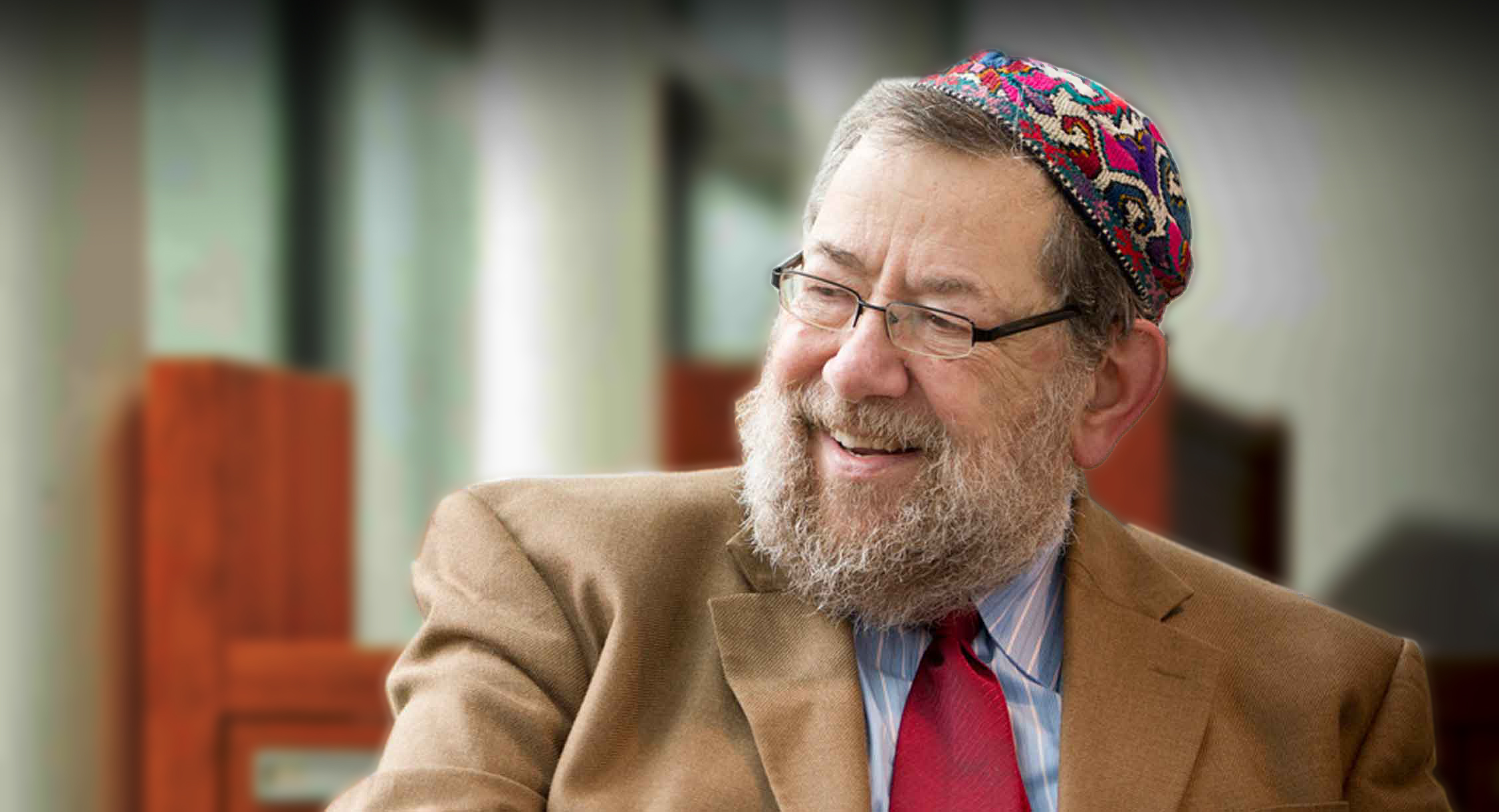Community Blog A Post-Coronial World

Jerusalem – March 16, 2020
Indeed, what strange times we are living through! I keep feeling like I’ve somehow gotten caught up in the plot of a B movie, and that any minute Will Smith and some genius Israel teenager will rush onto the screen with the newly discovered antidote – and save the world. Maybe that will still happen, of course, and the film just hasn’t gone on long enough for the resolution to unfold. Oy! Will someone please tell the Director up there that this plot is beginning to drag?
I am writing you from Jerusalem, where I have been spending the winter, now ever so slowly turning into early spring. I love this city, where I have so many dear friends and fond memories; I consider it a sort of second home. In some symbolic corner of my mind, I still think of this place as the heart of the world.
I am now on day six of a seven-day isolation period, due to my having met two weeks ago with someone who was later diagnosed with Corona. I’m fine, and he’ll be okay as well. Israel is handling this remarkably well, as you’ve probably heard. The isolation is called biddud. Since it’s self-imposed and self-governed, I thought it should be called hitboddedut. But the meditators and Braslavers seem to have that language-space already occupied.
Going a little stir-crazy, I got into my car (alone; that’s okay by my biddud rules) and drove around the city this morning. This is a Jerusalem I’ve never seen before. There’s probably less than a tenth of both the automobile and pedestrian traffic that you usually see between 8 and 9 AM on a Jerusalem weekday. In ten minutes I drove all the way around the Old City walls, a trip that would probably take an hour or more on a normal day. The heart of Arab Jerusalem, across from the Damascus Gate, was almost empty, with just the bakers’ cart and the juice stands still operating.
Making another circle, I drove up through Shmuel ha-Navi and then into the Bukharian Quarter and down into Me’ah She’arim. Fruit stores, groceries, and bakeries were open, and as seen from the streets looked pretty well stocked. Almost everything else was shuttered. There seems to be a new round of the Hasidic-Mitnagdic debate going on up there. The Hasidic yeshivas have closed, following the government school-closing decision. But the head of the Litvak ḥaredim declared that Torah study is more important than following medical advice, and in fact it’s the merit of talmud torah that saves us from illness anyway. In fact, I did see some yeshiva bachurim scampering through the streets.
Coming back down into more familiar neighborhoods to most of you, I can say that Emeq Refa’im appeared really dour, with only the Super-Moshavah, the stationary store, and a few others open. All the cafes that dot that street were locked. Derekh Bet Lehem looked a little better, as the two great fruit stores opposite each other were out in full color.
It is probably no surprise that the verse that kept coming to mind as I drove around was איכה ישבה בדד – “How isolated she is, this city of so many people!” Indeed, this is a new kind of bedidut for this ancient city; She is badad because so many people are staying home, locked up in their own apartments. As they—or we—become isolated from one another, the city in which we live becomes desolate; its urbanity is dissolved in our choice of isolation.
Jerusalem, of course, is a symbol as well as a real city. ירושלים הבנויה כעיר שחובר לה יחדיו, says the psalmist. “Jerusalem rebuilt will be a city joined together”—not divided, ethnically or religiously, nor by mutual fear of one another. Today we see a dramatic playing out of where such fear can ultimately lead, each family huddled within its own four walls.
I am no physician. Most of you who read this are not, either. But lots of us are rabbis, and that makes us just a little bit “doctors of the soul.” Let us help those around us remember that the soul, too, can fall ill. We should take care that overly protective behavior toward the body can make us fall victim to other illnesses, and they too require precaution. Proper balance between care for the body and not starving our souls—and those of our children—for proper companionship, for the nurturance that only life with others can give us, is crucial. Let us give ourselves the chance to live through hard times together. Looking back on this year, we will want to recall how we cared for and were present for each other.
That opening verse of איכה concludes, you will recall, with היתה כאלמנה, “She has become like a widow.” On that verse, RaSHI says: “Like a widow, but not a real widow, because her husband is going to return to her.” Jerusalem—and with her all the world’s cities—will re-awaken. Let us hope we all live to see the post-coronial world that is to come. But let’s make sure that we recall this time of trial as one in which we ran toward one another to care and support, not just away from one another in fear and panic.
Much love to you all, from the Heart of the World.

